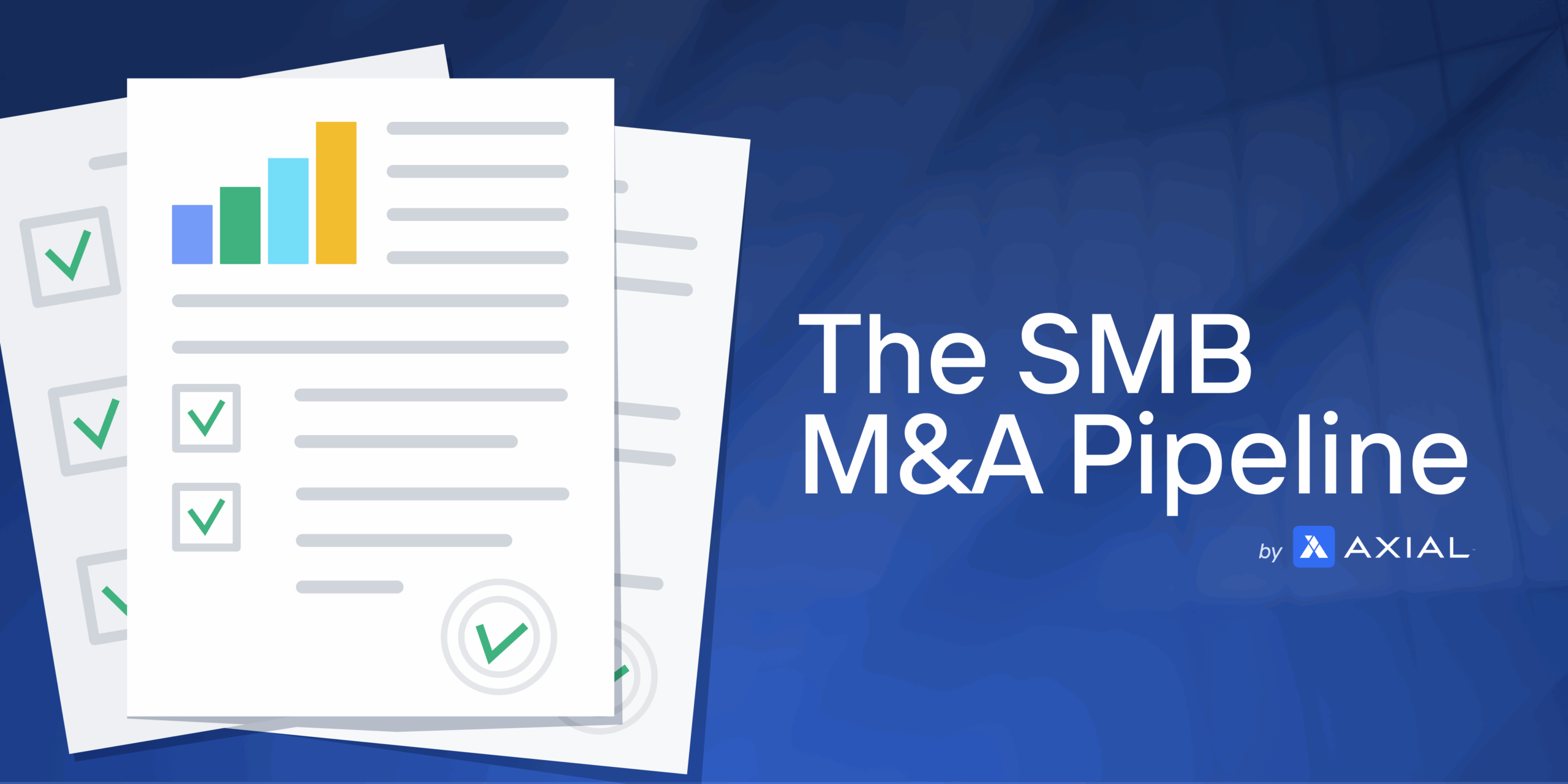
The SMB M&A Pipeline: Q4 2025
Welcome to the Q4 2025 issue of The SMB M&A Pipeline, the quarterly series that surfaces a top-of-the-funnel breakdown of…
If you’re looking to acquire a company and you’re not paying close attention to labor issues, you could be wading into risky territory. Exposure to labor and employment issues is often missed during due diligence, simply because these “soft cost” issues are harder to identify or quantify. In this article, we’ll highlight some key areas for diligence to help you catch potential problems before a deal closes.
First, it’s important to understand that liability in the labor and employment world is governed by contract or common law successorship issues with the overarching theme of protecting the “little guy.” This differs from the traditional corporate “veil piercing” analysis. Effectively, if the employee who punched the clock the day before closing doesn’t experience any difference in his life post-closing (except perhaps the name on his paycheck), it is quite likely that you, the buyer, will be named in any claim he makes and possibly even liable for the wrongdoings of the predecessor entity.
Wait, you say, we have an indemnification clause by which the seller agrees to accept all responsibility for any claims based on violations prior to closing! Hold your horses. One of the biggest misconceptions is that clauses obligating the seller to indemnify the buyer for any pre-close violations will insulate the buyer from any claims post-close. This is not the case. At best, these clauses offer the buyer the opportunity to seek repayment of damages, costs, and fees incurred via litigation from the seller – who may not have the resources to cover the buyer’s expenditures or liability (and who also will certainly be named in any suit related to the company’s operations pre- or post-close). So you’d better know what you’re getting yourself into.
At minimum, make sure you ask these questions of the seller before you finalize the purchase:
1) Labor Unions: Does the seller have any labor unions or are you aware of any organizing activity? If there is any organized labor, ask to see all Collective Bargaining Agreements & review all grievances. The CBAs may contain clauses obligating the buyer to assume the terms contained therein. If you are not planning to transition the organized operations over post-close, you may be responsible for posting a bond to cover the withdrawal liability for the multi-employer pension plan in to which the seller previously contributed. This can be hundreds of thousands (or even millions) of dollars, and it is held in escrow for five years. That’s a lot of money to be tied up if you’re not expecting it.
2) Wage & Hour Obligations: Wage and hour violations are often easily corrected but just as easily overlooked, at which point they can blossom into “bet the company” class or collective action litigation. It’s best to look into these areas on the front end. For example, are employee handbooks up to date and compliant in all relevant jurisdictions? Are there any pending state or federal agency charges or investigations (make sure your due diligence lists ask about these claims, not just litigation)? And, for California companies, what is the unpaid vacation/PTO balance for employees (due at termination, which occurs via every asset sale), and do the seller’s policies comply with applicable laws regarding pay stubs, expense reimbursement, meal/rest breaks, etc.?
3) WARN Act and COBRA Notices: Does the sale trigger the WARN (Worker Adjustment and Retraining Notification) Act because it is a “mass layoff” or closing of an entire business location? If so, are notices being prepared and sent in a timely manner and are the employees being paid through the required notice period? What about notification of COBRA rights (triggered when employees lose their jobs via a sale, even if immediately re-hired)? Purchase agreements should specify whether the buyer or seller is responsible for these costs and specify notice requirements so they aren’t lost in the shuffle.
4) Internal Complaints: Does the seller have an anonymous hotline? If so, ask to review the records of the complaints lodged – if the seller neither maintains records nor checks the hotline, that’s a red flag. Similarly, ask about the HR function and how they track employee complaints and investigations. If you note recurring issues, that should be another red flag.
5) Executive Compensation Agreements: If any exist, what are the severance obligations? Are there restrictive covenants? Change in Control triggers? Is the seller or buyer assuming payment obligations? If the executive is transitioning, have you considered existing terms in negotiating a package going forward (there might be bargaining opportunities!)?
6) Classification Issues: Does the seller use contractors to perform employee work? Is there a robust practice in place for assessing exempt status for overtime purposes? Are there job descriptions in place or consistent performance management processes to support such classifications?
The best way to ensure these types of big-ticket issues are incorporated into your diligence process is to loop in a Labor & Employment specialist on your deal team. We play well with the corporate folks and promise not to mess with your balance sheet analysis.
